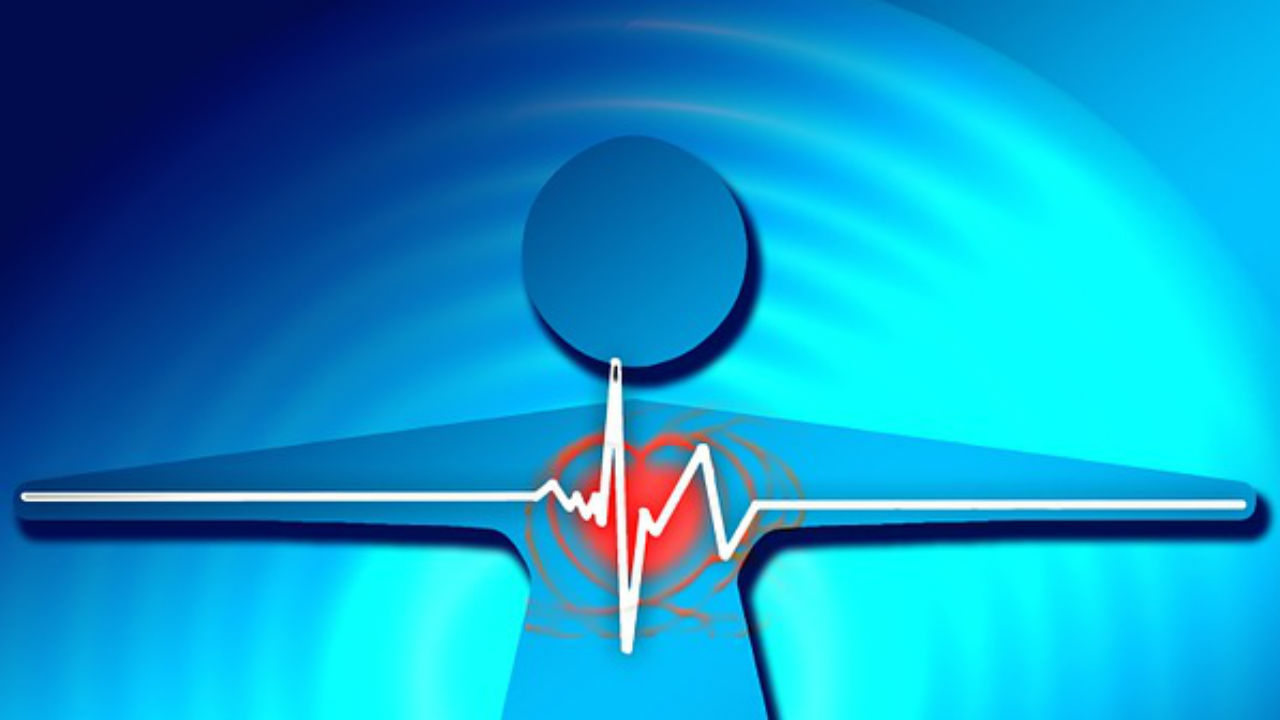We are almost at the end of Heart Disease Awareness Month in February, and I ran across an interesting article I wanted to share.
According to the Mayo Clinic, if you have an "apple" shaped body, compared to a "pear" shaped body, you may have an increased risk of heart disease.
We know that obesity is a risk factor for heart disease, and the "apple" shaped body is one that contains most of the extra weight around the middle or waist. This is compared to a "pear" shape, where most of the extra weight is around the hip area.
How do you know if you are at increased risk for heart disease, based on your body shape? Two ways:
1. Waist-to-hip ratio. Measure both your hips and waist (at its smallest point). Divide your waist measurement by your hip measurement to get the ratio. If your waist-to-hip measurement is greater than 0.85 (for women), it may indicate an increased risk.
2. Waist circumference. Measure your waist at its smallest point, above your naval. Measurement greater than 35 inches for women may indicate an increased risk.
Please note: I hesitate to tell women to measure or weigh themselves, for fear of "a number" being our primary indicator of how healthy we are, how we look and feel about ourselves and our bodies. Usually, better indicators that make us feel good about ourselves, and empowered, include eating in a healthy manner, exercising most days of the week, sleeping well and feeling content. If you take the measurements above and fall within the "increased risk", be sure to talk with your doctor, and feel good that you are being proactive and can make some small changes in your lifestyle to make big improvements!
Share any of your struggles or measurement findings with us, and we can help support you, too!
All user-generated information on this site is the opinion of its author only and is not a substitute for medical advice or treatment for any medical conditions. Members and guests are responsible for their own posts and the potential consequences of those posts detailed in our Terms of Service.






Add a Comment4 Comments
I sing them daily. My belly fat isn't melting that quickly, I think because the underlying muscles were compromised by two C-sections, and it's that much harder to strengthen the abs. So, for some of us, it's a slow process. [sigh]
March 4, 2008 - 5:41pmThis Comment
Here's a helpful calculator that assesses risk as well. Try it out.
http://www.bmi-calculator.net/
March 4, 2008 - 11:28amThis Comment
I have read that belly fat is the most dangerous fat one can have. We can get away with a few pounds around the hips and thighs but belly fat is an indicator of possible future heart concerns, and even colon cancer and diabetes. This fat is called called "visceral fat".
The good news is that once we start exercising, belly fat is fat that begins to leave fairly quickly.
March 3, 2008 - 2:14pmThis Comment
Whereas I spent most of my life a relative stick shape, when menopause crept upon me, I gradually turned into an apple. It was scary!
No one in my family was ever overweight like this. My grandmother was matronly, but not obese. I was close to the obese range and it scared the beegeebees out of me! The weight gain had absolutely nothing to do with inactivity or junk food; my medical condition was the major factor. However, I did have to make some dietary changes and increased my physical activity.
My body shape is finally beginning to change for the better (although there's still a smiley face across my belly) after a few years of distance running and training. Muscle is slowly replacing fat. I haven't checked my BMI lately, but it should also be dropping. More importantly, my cholesterol level dropped.
One of these days, I might see a plank in the window. Isn't that just a more mature stick? haha!
February 28, 2008 - 7:09pmThis Comment